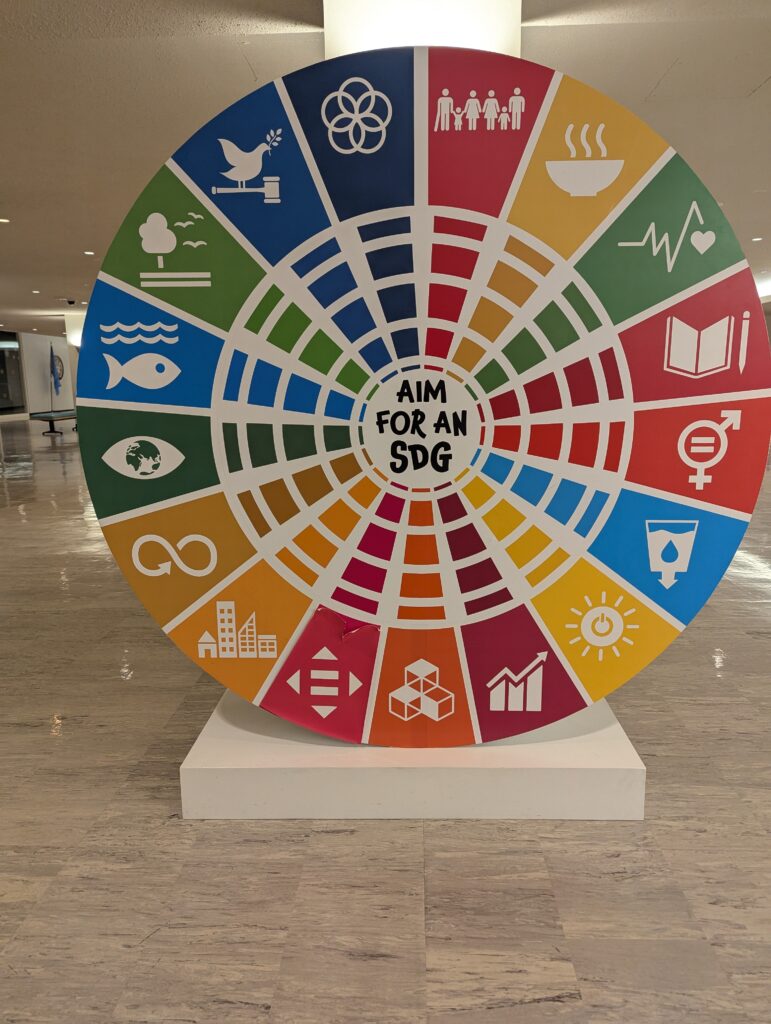Keeping the line of the previous post. Today I wanted to share with you the challenges that are often posed when you are in a foreign country and looking for ways to make it. I relate a lot to these challenges and is not easy writing about them.
- Language Barrier: Language differences can hinder effective communication with customers, suppliers, and partners. Limited language proficiency can impact networking, marketing, and business negotiations.
- Cultural Differences: Adapting to a new culture and business environment can be challenging. Different cultural norms, business practices, and expectations may require significant adjustments.
- Limited Access to Networks: Migrant entrepreneurs may face difficulties in building strong professional networks due to their newcomer status. Connections play a crucial role in business growth and opportunities.
- Legal and Regulatory Barriers: Navigating complex legal and regulatory requirements in a new country can be daunting. Obtaining necessary permits, licenses, and understanding tax regulations can be a challenge.
- Access to Funding: Migrant entrepreneurs may find it harder to access financing due to lack of credit history or unfamiliarity with local financial systems.
- Discrimination and Stereotypes: Migrant entrepreneurs may face discrimination or stereotyping, which can affect their credibility and opportunities in the business world.
- Limited Market Knowledge: Migrant entrepreneurs may be unfamiliar with the local market dynamics, customer preferences, and competition, making market entry and positioning challenging.
- Social Isolation: Migrant entrepreneurs might experience social isolation, especially if they are far from their home community and lack a support system.
- Transnational Challenges: Migrant entrepreneurs may have to navigate the complexities of cross-border operations, dealing with international regulations and logistics.
- Financial Constraints: Migrants often invest significant resources in relocating, which can limit their initial capital for business ventures.
Despite these challenges, many migrant entrepreneurs bring unique perspectives, skills, and cultural diversity to the business landscape. Addressing these challenges requires targeted support, including access to language and business training, mentorship, networking opportunities, and policies that recognize and value the contributions of migrant entrepreneurs.





